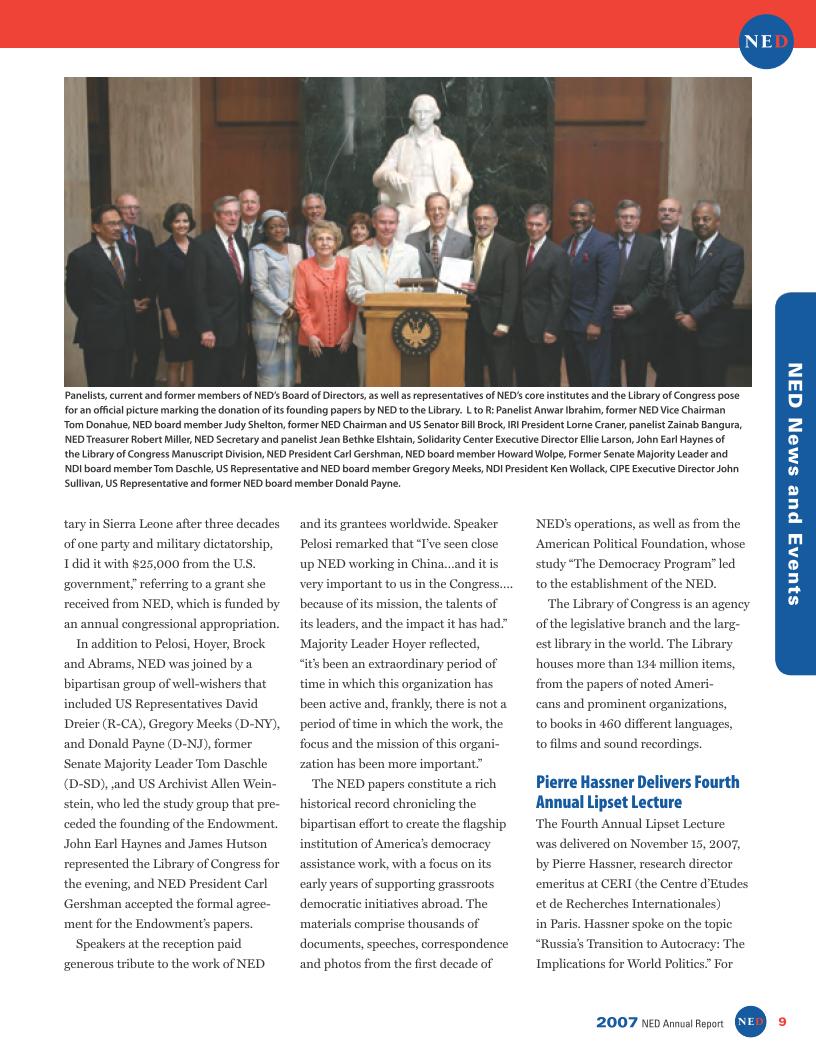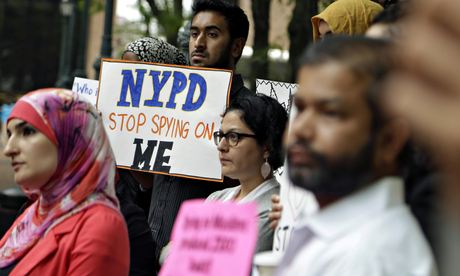US-MALAYSIA TIES: History shows nothing but respect between military allies
KUALA LUMPUR: MALAYSIA has had ties with the United States for centuries, if historical sources are to be believed.
According to Pamela Sodhy, writing for the Institute of Strategic and International Studies, historical sources quote the earliest contact between what would later become Malaysia and the so-called New World, were forged in 1677 "when a Captain Davenport from Boston arrived aboard an English ship, the Flying Eagle".
Of course, both Malaya and America were then colonies, the former under the Dutch and the latter largely under Britain.
Sodhy maintains that what ties there were between Malaya and the US were economic in nature, with the latter needing tin and rubber, until 1945, when the Cold War took centre stage and "ushered in a new theme, the containment of communism".
Malaya received assistance from the US during the Emergency indirectly as the American government sent military aid to the United Kingdom for the purpose. In the Confrontation, the US sided with Malaysia against Indonesia.
In return, Malaysia supported the US during the Vietnam War by training South Vietnamese and American advisers in jungle warfare.
With the end of the Cold War, however, a new threat arrived -- that of international terrorism. And, the US and Malaysia enjoy strong security cooperation in this aspect, too.
Kuala Lumpur hosts the Southeast Asia Regional Centre for Counterterrorism (SEARCCT), where hundreds around the world have undergone training. The US collaborates extensively with SEARCCT on such training programmes.
The US and Malaysia both participate actively in the Contact Group on Piracy off the coast of Somalia, coordinating in efforts to fight piracy in the Gulf of Aden and the Horn of Africa.
A number of military exercises are also undertaken every year between the armed forces of both countries, with Malaysia entering the US-Thai Cobra Gold exercise from 2011 onwards.
US Navy ships regularly visit Malaysian ports, and such visits have increased from single digits to more than 30 a year over the past decade or so.
Then US Assistant Secretary of State (Political-Military Affairs) Andrew J. Shapiro, in his address at the National Defence College here in 2012, had said defence and security cooperation was an integral part of the growing partnership between the US and Malaysia.
He especially noted that "the men and women of our armed forces are working together to help the people of Afghanistan".
A Malaysian medical team had been deployed to Bamiyan province to provide essential medical care and training to Afghan citizens.
"Malaysia is making an important contribution to the responsible transition underway in Afghanistan which we greatly appreciate," Shapiro had said.
Malaysian armed forces members undergo training in the US as part of their professional improvement courses, while US special forces, including the much-vaunted US Navy Seals, train here twice a year.
This is especially so in terms of jungle warfare, with many a special forces operative having called the jungles of Malaysia some of the most formidable and punishing terrain in the world.
The Malaysian armed forces, in fact, have received much praise from the US and other allies. This is especially so when it comes to joint operations under the umbrella of the United Nations.
Malaysia's willingness in the past to commit to peacekeeping missions under the UN meant that US-Malaysia military ties have grown from strength to strength, considering most of these missions are led by US forces.
None was more apparent then in 1993, during what is now referred to as the First Battle of Mogadishu.
US Delta Force operatives and Rangers were trapped under heavy fire in the Somali capital while trying to rescue the crew of two Black Hawk helicopters shot down during an operation to capture key lieutenants of a warlord and retrieve the bodies of those killed in the crashes.
The American forces had gone in without informing the UN peacekeepers in Somalia but had to request reinforcements when things took a turn for the worst.
Eventually, Malaysian and US forces broke through to the trapped American soldiers. In the process, Private Mat Aznan Awang of the 19th Battalion (Mechanised), Royal Malay Regiment, was killed when his vehicle was hit by a rocket-propelled grenade, while nine other Malaysian soldiers were wounded.
Mat Aznan was posthumously promoted to the rank of corporal and received the nation's highest award for gallantry, the Seri Pahlawan Gagah Perkasa.
Last year, 20 years after the battle, current Assistant Secretary of State (Political-Military Affairs) Tom Kelly paid tribute to Aznan, his colleagues and the Malaysian armed forces, thanking them for their assistance in peacekeeping missions in general and Mogadishu in particular.
That the US remembers still Malaysia's role in Mogadishu is an indication of the high level of regard the country has for this little Southeast Asian nation's armed forces, as well as the role military ties have to play in continued relations between both countries.



























